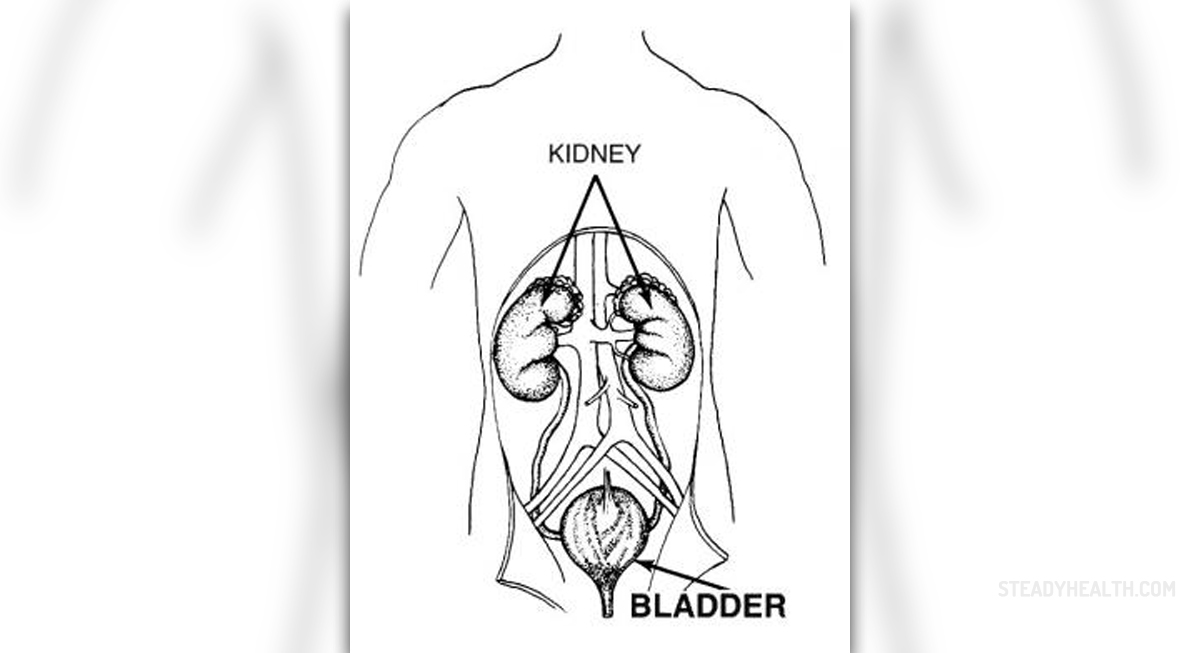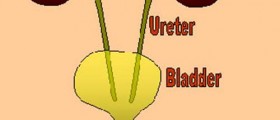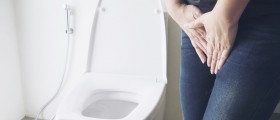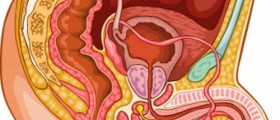
The irresistible urge to urinate is called irritable bladderand it will be the focus of this article. This urge to urinate will beaccompanied by the burning sensation felt during the urination. The risksassociated with this condition can be reduced by a proper diagnosis and treatment.This is a very common condition, which can develop certain symptoms that mayoccur at very problematic times and lead to embarrassment. Women usually sufferfrom this problem more than men, but it generally affects both sexes. Bladder irritation may also strike children as well.
Causes and Symptoms
The irritated bladder is not a disease, but a symptom developed due to medical problems, such as bladder cancer, infection of the tissue surroundingthe bladder, bladder stones, weak bladder and incontinence. The discomfort ofthe bladder may be a result of prolapsed uterus, while irritable bladder may becaused by prostate enlargement. This will also create burning sensation whileurinating.
Urinary problems are indirectly or directly related to the irritated bladdercondition. Most common symptoms are urine passing out in small amounts, uncontrolledurine loss, painful urination, distended bladder, frequent urination andurination urgency. The pain felt will be aggravated when the bladder is full.Also, sharp pain or mild burns will accompany irritable bladder. The pain mayreduce after urination, but this does not happen in all cases.
Diagnosis and Treatment
There are certain complications possible if the problem of irritated bladder isnot treated. So if you are having this problem, visit a professional physicianwho will help you. The medical history of the patient and symptoms will beexamined once the patient is in the hospital. There are test that can be donein order to see if the patient is having a more serious problem, such asirritable bladder syndrome, bladder infections or interstitial cystitis.Urinalysis is one of such tests. The cause of the irritable bladder willdetermine the treatment method. The most common treatment involves lifestylechanges and use of oral medications. Bladder instillation and bladderdistention are done for the more serious cases of bladder irritation. Thebladder is washed during the bladder instillation, while the capacity of thebladder is increased with the bladder distention. Some of the causes of thecondition are nervous tension and prolonged stress. Some food, such as hotfoods, caffeine and spicy food may lead to the problem in question. If theirritable bladder is diagnosed, the patient will undergo a stress managementprogram, and he or she will have to avoid alcohol, foods and beverages knownto cause irritated bladder.

















Your thoughts on this
Loading...